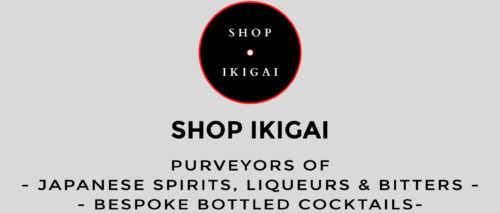“Heart; mind; mentality; emotions; feelings”. These characters make up the Japanese word kokoro. Three simple syllables belie a deeper meaning. It is a practice I happily observe in action every day. To have a good kokoro is to have a beautiful heart and soul. To me “kokoro” is being the best version of yourself.
HEART
To maintain a strong heart is a challenge. Physically, one must exercise to maintain cardiovascular health. A heart’s emotional strength is far more difficult to develop. Being patient and putting others before ourselves is emotional circuit training. Regular physical and emotional exercise eventually results in a stronger, larger heart. It is the “good” hypertrophy of a heart we should all work towards. A resilient heart augments our ability to empathise with, relate to and encourage others. Kokoro is having an open heart, and allowing oneself to be a reservoir of strength through both bad and good times.
MIND
The efficiency of one’s mind can be categorised by the maxim “Nature vs. Nurture”. The lucky ones are born with lateral thinking, logic, awareness and an ability to retain information with minimal exertion. The others are instilled with the basics, and have to work hard to cultivate a well- rounded “mind”. In an ideal world, everyone would make a conscious effort to foster the most functional mind possible. But the world is not perfect, and nor are we. Kokoro is deciding to be “mindful” of one’s mind.
MENTALITY
“Mind” is the ability to work. “Mentality” is attitude in action. A favour may be carried out begrudgingly or with great pleasure. A task may be performed onerously or with honour and grace. Mentality is a choice; we can choose how to react in all situations. Kokoro is being aware of conducting oneself in the best way possible.
EMOTIONS & FEELINGS
These two words are inextricably linked – in a simplified manner, “same, same but different”.
Happy. Sad. Angry. Scared. These are basic, primal emotions that are innately human. However, these can be subdivided into different feelings. For example, one can be overjoyed or content. Miserable or depressed. Irritated or furious. Uneasy or petrified. Emotions and their resultant feelings are dependent on many factors. Personal impetus and our relationships, be it with people, animals or even oneself, shape the way we feel and our identity.
Through firsthand experience or observing others, we can try to improve the way we react in different situations. The emotions we experience lead to feelings that are significant factors in our resultant reaction. Kokoro is training oneself to face circumstances or beings in the optimal manner.
KOKORO
Kokoro is much more than the English equivalent of five words. It is the possession of a resilient, accepting heart. It is the exercise of an ever-learning, intelligent mind. It is the upkeep of a positive mental outlook. It is the capacity to identify emotions. It is the ability to process feelings that beget one’s best behaviour and choices. Kokoro in action makes the world a better place.
